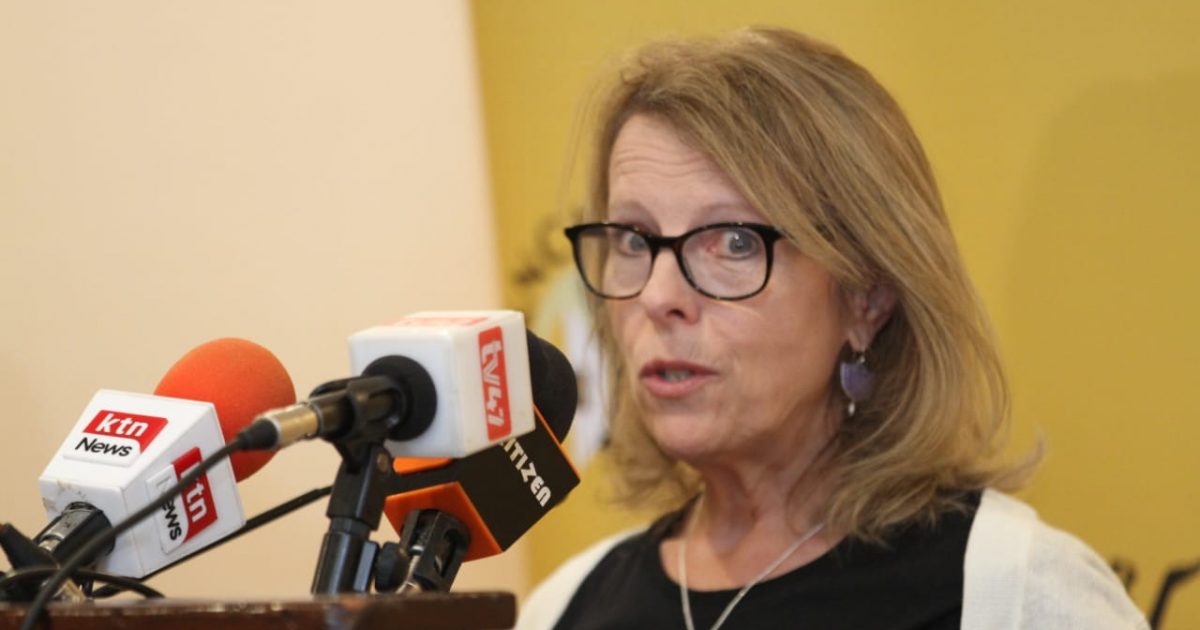The Death Penalty Project (DPP) in partnership with the Kenya National Commission on Human Rights (KNCHR) have released the latest report on the death penalty which provides a comprehensive analysis of the lives of prisoners on death row in Kenya.
The report focuses on prisoners’ socioeconomic backgrounds and profiles, as well as their experiences of the criminal justice process and of imprisonment.
Development partners DPP and KNCHR commissioned the University of Oxford Death Penalty Research Unit to conduct a study of prisoners’ experiences as part of its programme of research on the death penalty in Kenya.
Todate, this work has consisted of a study on opinion formers’ views on the death penalty and a report on public attitudes to the death penalty, both published in 2022.
Speaking at the event, Prof. Carolyne Hoyle from the Department of Criminology, Oxford University presented findings of a survey conducted in more than 671 prisons in Kenya with 95 per cent of the subjects being male convicts and 81 per cent of the subjects on death penalty.
Hoyle stated that the convicts are minor offenders noting that 54 per cent were sentenced for robbery with violence while 48 per cent for murder.
“The convicts remain uneducated, unemployed, have mental issues and are substance abusers making them vulnerable to injustice due to their lack of legal knowledge,” she disclosed.
At the same time KNCHR Chairperson Roseline Odede stated that the goal of justice is to rehabilitate and not punish convicts.
“Death penalties are irreversible and it amounts to torture. It discriminates and targets those in poor backgrounds and those with little knowledge of the system,” said Odede.
She added that they engaged with the target audience through research which led to the publication.
“We have conducted educational campaigns on the abolition and also visited places of detention which provide an image that enables us to advocate for prisoners’ rights,” said Odede.
Meanwhile, Head of Death Penalties Project Parvaies Jabbar said that since 1987 no execution has been conducted in Kenya.
“25 countries within the African Union (AU) have abolished the death penalty. Although Kenya is a trailblazer, there lacks political will to execute it, even though abolition has not taken place,” said Jabbar.
Though Kenya has not executed its death sentenced prisoners for decades, Jabbar expressed, death sentences continue to be imposed and the threat of execution remains even as prisoners know that policy or practice could change for example, with a new government.
“If Kenya abolished the death penalty by removing the threat of execution for those currently on death row and those convicted of murder or robbery with violence in the future, prisoners would be better able to reflect on the harms they have caused in their past,” he explained.
Jabbar added that better lives can be imagined, not only for prisoners, but also for their families and for those who care for them during incarceration including the prison staff.
Through the report, both the DPP and KNCHR will inform and persuade those who are able to bring about abolition by at least reminding them of the vulnerability and humanity of those society condemns.
By Trepher Leslie and Elizabeth Mugo




